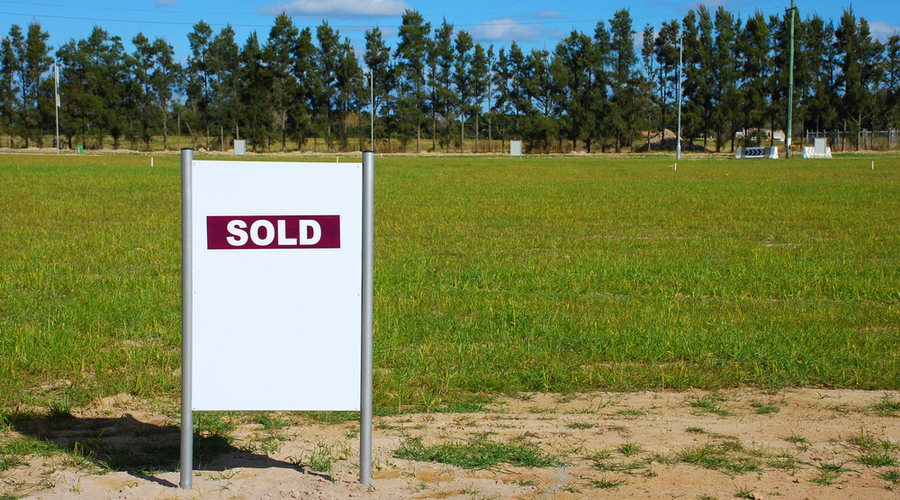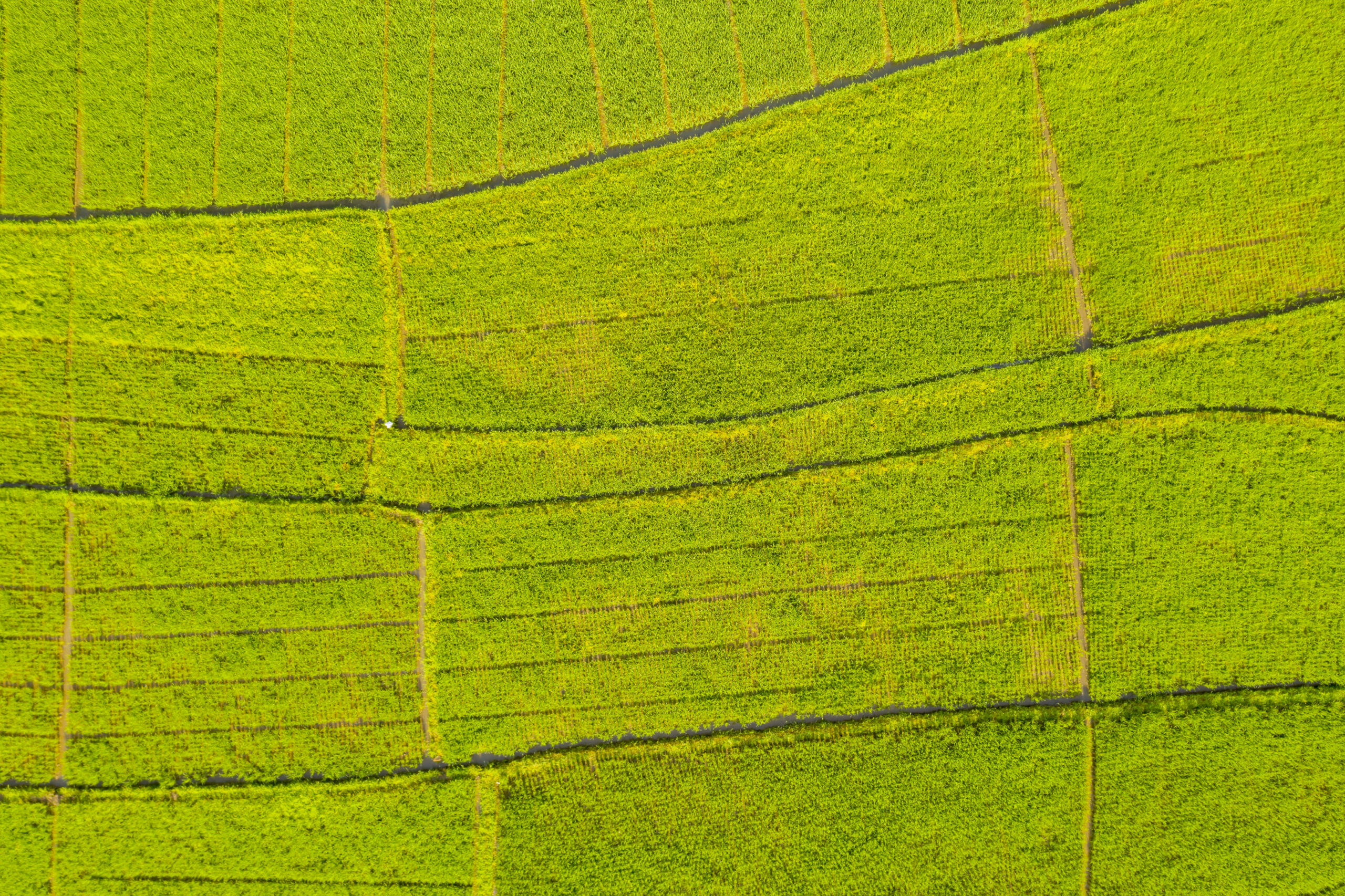
Land Lease Definition
The land lease is a type of real estate arrangement that is common in commercial real estate and in some types of residential real estate.
Vacant Land Resources

The land lease is a type of real estate arrangement that is common in commercial real estate and in some types of residential real estate.

If you’ve ever thought about investing in real estate, you’ve probably considered residential, commercial multifamily, offices, hotels, or even industrial properties. But what about land

What are the types of raw land investments? Investors can buy raw land that will be used in the future for residential development, commercial development,
© 2025 LoanBase Technologies Inc. All Rights Reserved.